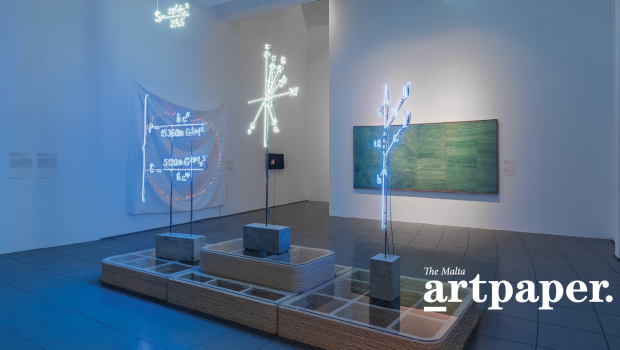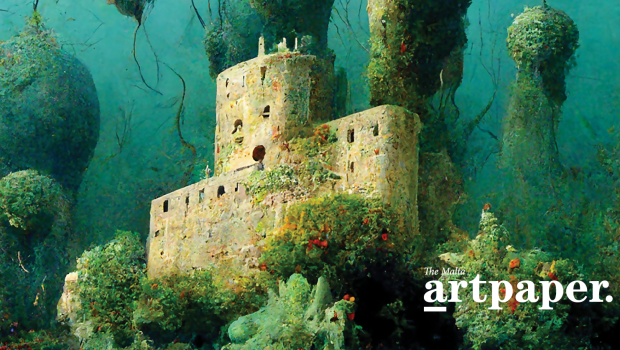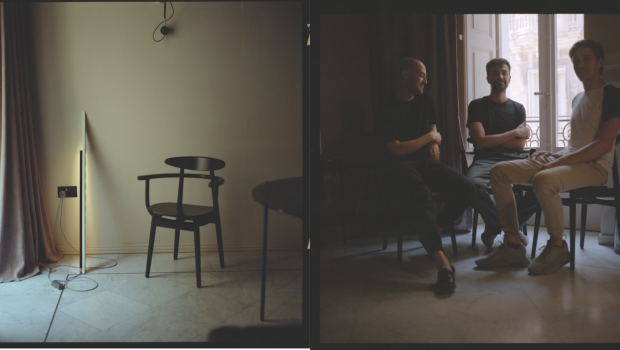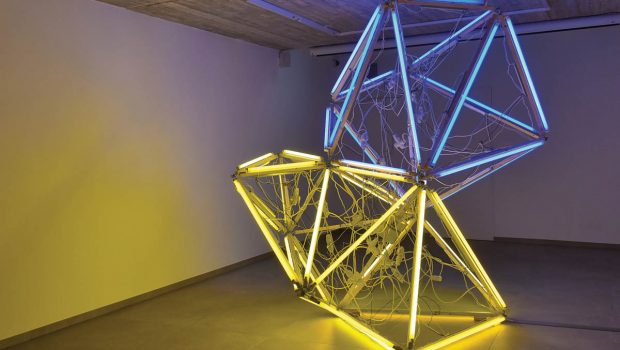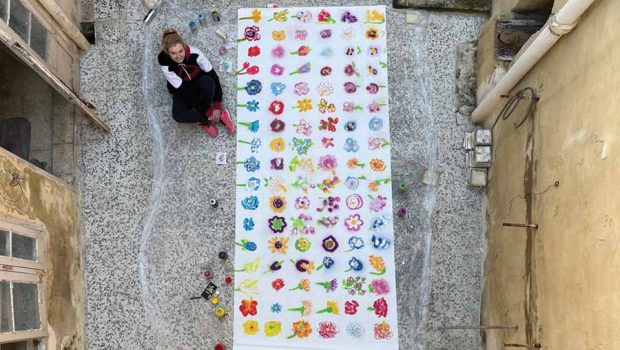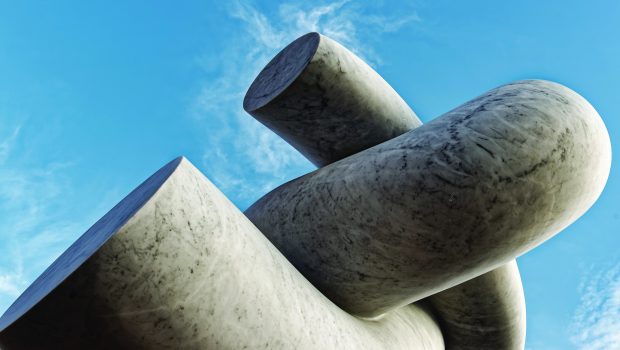Forging Global Relationships
A healthy creative sector and a thriving economy: Arts Council Malta
For any island state, international relations and trade are vital to a healthy, vibrant cultural scene. International collaborations, cultural exchanges and uncomplicated mobility all contribute to a healthy creative sector and a thriving economy.
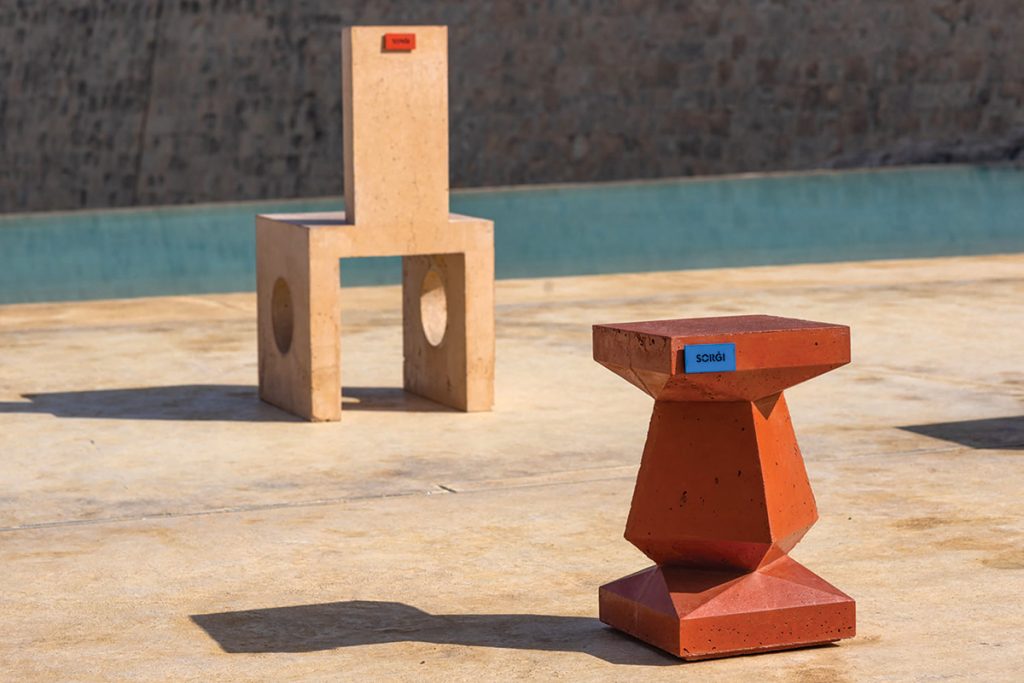
Arts Council Malta works tirelessly to forge stronger global cultural relations, enabling a sustainable development of the Maltese creative sector. This is being done through the creation of numerous opportunities for international collaboration and exchange.
In line with the country’s National Cultural Policy, Arts Council Malta’s new strategy advocates for an open and receptive approach to cultural relations, encompassing open dialogue with diverse stakeholders at all levels in order to engage artists, civil society and cultural institutions. Building trust and nurturing relationships across national borders are integral to this strategy, as are supporting and facilitating cross-border creative experimentation and new international cultural projects.
Arts Council Malta’s role as a national entity within international networks contributes invaluably to global conversations which can enable the trajectory of international cultural relations.
With improving digital technologies and easier access to mobility, Malta’s creative practitioners are fast becoming increasingly engaged in international exchanges and collaborations. Things change quickly in the sector; with constant evolution comes a need to develop skills, build expertise and facilitate access for creative professionals.
This includes building new and diverse audiences around the globe in order to sustain the growth of cultural and creative entrepreneurs, and facilitating this exposure through participation in large-scale global cultural initiatives.
This ease of access to international audiences and markets has positive effects on other sectors, including tourism, technology, and the service industries. The cultural and creative sectors have been proven to be a significant source of income for any economy, generating important spill-overs to the wider economy. Thus, Malta actively views the internationalisation of its creative professionals, as a wise and valuable economic investment.
Arts Council Malta has invested in numerous international initiatives in recent years. The International Cultural Exchanges scheme managed by ACM, for example, has funded numerous international projects by Maltese artists. Arts Council Malta has also in recent years joined several international networks such as IETM, the International network for contemporary performing arts, Sound Diplomacy, the Salzburg Global Forum, and EUNIC, the network of EU National Institutes for Culture. Malta annually participates in numerous EUNIC events around the world; recent projects are UN/MUTE and Eco- Solidarity, both highly successful events organised by the EUNIC Cluster in New York. Arts Council Malta also actively participates in annual literature events, music festivals and film festivals organised by EUNIC Clusters worldwide.
Other initiatives include Malta’s participation in the Creative Business Cup and the Malta Pavilion at La Biennale di Venezia. The latest of these initiatives is Malta’s Pavilion at this year’s London Design Biennale at Somerset House in June 2023.
Of these initiatives, Dr Romina Delia, Internationalisation Executive at Arts Council Malta and project lead of Malta’s participation at the London Design Biennale and at the Venice Art Biennale say “Given our geographical context, Arts Council Malta recognises that building trust and understanding globally is fundamental for Malta’s creative sectors to flourish. Arts Council Malta’s aim is to support artists to reach out to new and diverse audiences, to build connections and to sustain the growth of cultural and creative entrepreneurs”.
And indeed, an international outlook is a prerequisite for professionalisation and growth in today’s globalised world. Given Malta’s geographical contexts, Arts Council Malta recognises that forming and maintaining international connections is vital to the success of Malta’s cultural and creative sectors.
Ultimately, and driven by its commitment to cultural rights and its belief in the creative sector, Arts Council Malta invests in the arts and creative industries in order to strengthen Malta’s creative and cultural ecology.

